After a tragic incident where a family died from eating leftovers, experts share safe methods for properly defrosting food.
Food safety is crucial for everyone, especially when it comes to defrosting food.
A recent tragedy in China highlighted the dangers of improper food handling.
A family of nine became seriously ill after eating leftovers that had been improperly stored.
Sadly, they all died after suffering from food poisoning caused by a toxic substance found in the food.
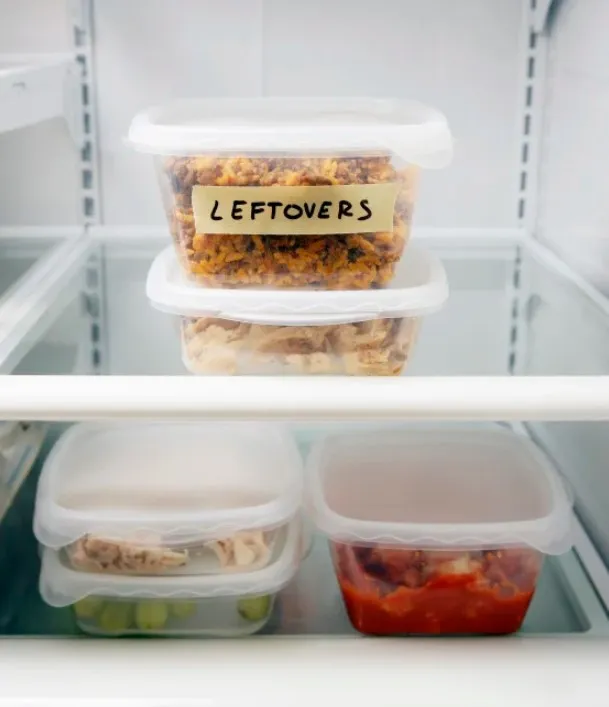
A family tragically died after eating leftovers for breakfast
On October 5, 2020, the family shared a meal of Suantangzi, a type of thick noodle made with fermented corn flour.
These noodles had been frozen for a year before being eaten.
While some family members avoided the dish, those who ate it quickly fell ill with nausea and severe abdominal pain.
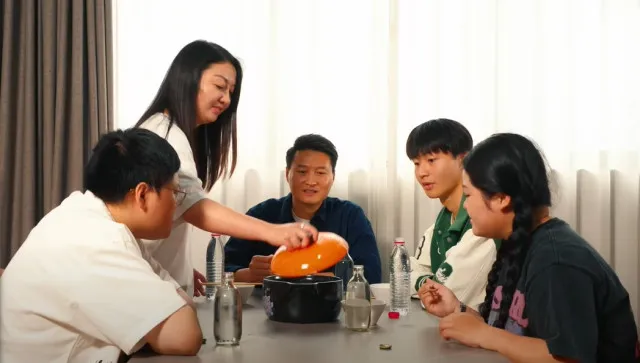
Despite seeking medical help, they succumbed to their illnesses days later.
Investigations revealed that the noodles contained bongkrekic acid, a dangerous toxin that can form in fermented foods under certain conditions.
The importance of proper defrosting
When food is frozen, it can be kept for a long time without spoiling. However, if not defrosted correctly, frozen food can become unsafe to eat.
The bacteria that cause foodborne illnesses can grow when food is thawed improperly.
In the case of the family in China, they consumed noodles that had been frozen for a year.
The noodles were made with fermented corn flour, which can produce harmful toxins if not handled correctly.
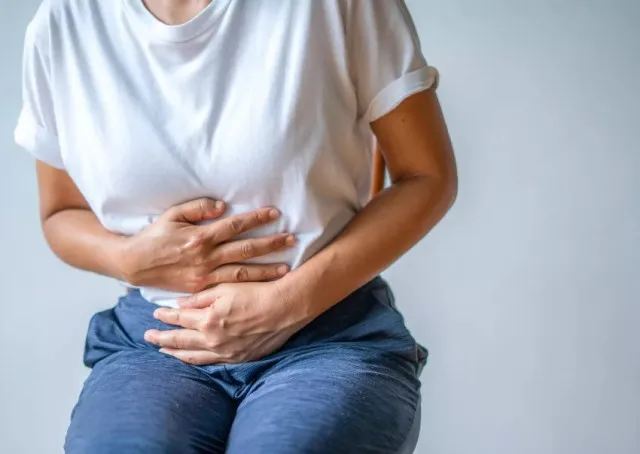
To avoid similar tragedies, it is crucial to understand how to defrost food safely.
Experts recommend three safe methods: using the refrigerator, cold water, or the microwave. Each method has its own guidelines to follow.
Experts suggest safe method for defrosting food after family’s tragic death from eating leftovers
Refrigerator thawing
Thawing food in the refrigerator is the safest method. It keeps food at a constant, safe temperature (below 40°F or 4°C).
This method requires planning, as it can take time. For example, a large piece of meat may need up to 24 hours to thaw completely.
To use this method, simply move the frozen food from the freezer to the fridge.
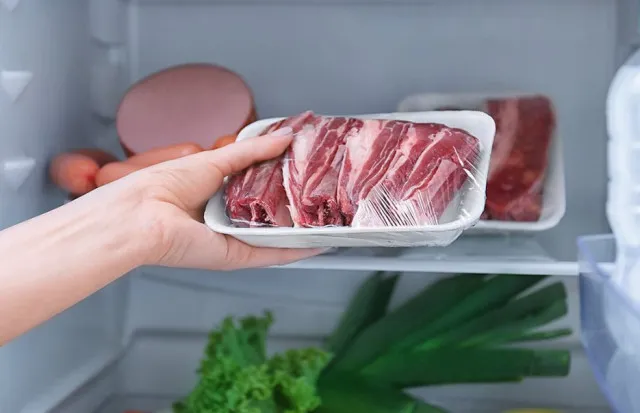
Place it on a plate to catch any drips and avoid cross-contamination with other foods.
This method is best for meats, poultry, and seafood.
Cold water thawing
If you need to thaw food more quickly, the cold water method is a good option.
First, make sure the food is in a leak-proof bag to prevent bacteria from the water getting in.
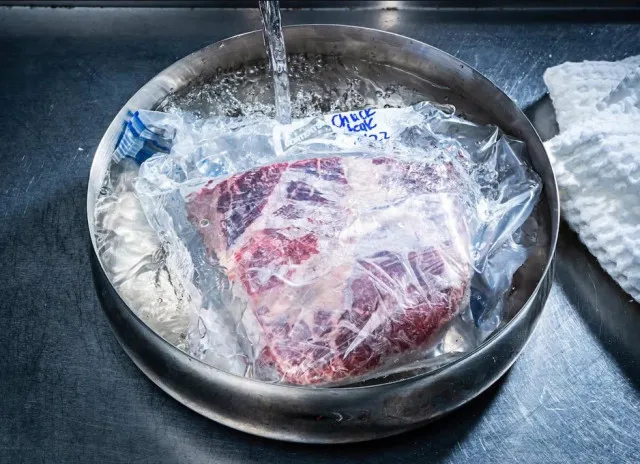
Fill a bowl or sink with cold tap water and submerge the bagged food. Change the water every 30 minutes to keep it cold.
Smaller items, like chicken breasts, may thaw in about an hour, while larger items can take a few hours.
Remember to cook the food immediately after thawing.
Microwave thawing
The microwave is another quick way to defrost food. However, it’s essential to cook the food right after thawing.
The microwave can warm some parts of the food while leaving others cold, which can allow bacteria to grow.
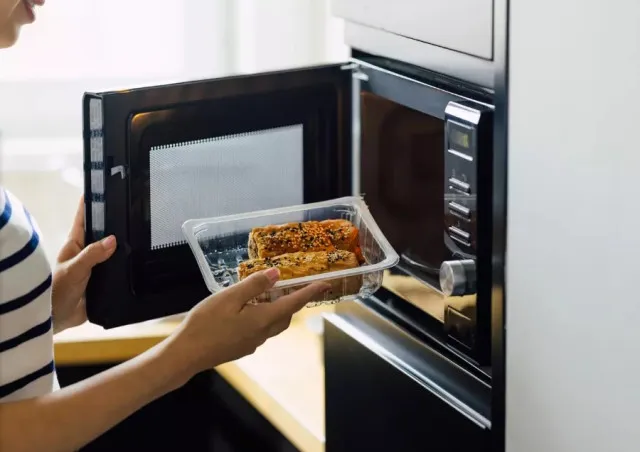
Follow your microwave’s instructions for defrosting, as settings can vary.
This method works well for smaller portions of meat or seafood and is ideal when you are short on time.